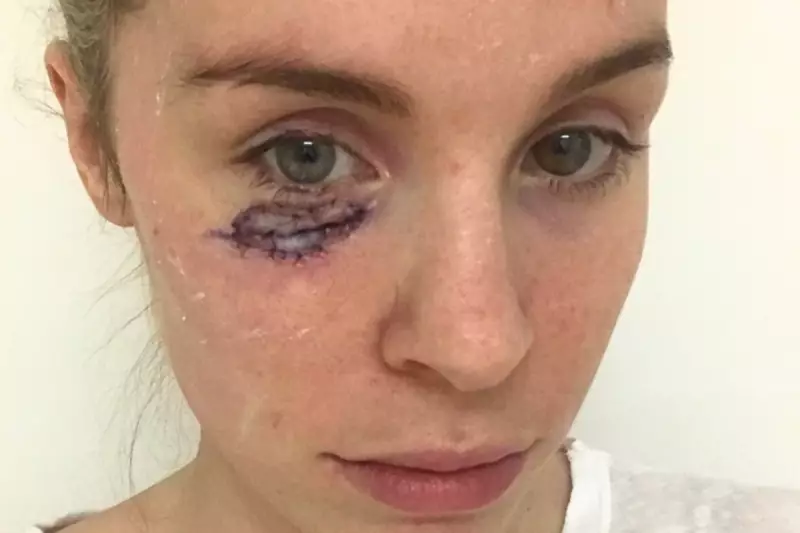
In a significant move for public health and cancer prevention, the UK government has officially scrapped the Value Added Tax (VAT) on sunscreen products. This long-awaited decision, announced in the latest budget, removes the financial barrier on a crucial health commodity, making it more affordable for millions.
The campaign to eliminate the so-called 'sunscreen tax' was spearheaded by dermatologists, cancer charities, and patients who argued that taxing a medically recommended product was counterintuitive. For individuals at high risk of skin cancer, the cost of daily, year-round sunscreen application was a considerable financial burden.
A Lifeline for Skin Cancer and Ocular Melanoma Patients
This policy change is particularly critical for those with xeroderma pigmentosum (XP), a rare genetic condition that drastically increases sensitivity to UV light. For XP patients, sunscreen is not a seasonal luxury but a medical necessity for survival, required every single day to prevent devastating skin damage.
Furthermore, the decision is a win for awareness around ocular melanoma, a rare but aggressive eye tumour linked to UV exposure. Experts hope that easier access to sunscreen will contribute to prevention efforts for this serious condition.
Aligning with Medical Advice
Health bodies like the NHS consistently advise using a high-factor sunscreen (SPF 30 or above) as a primary defence against skin cancer, the UK's most common cancer. By abolishing the VAT, the government has aligned its fiscal policy with this medical guidance, effectively recognising sunscreen as an essential health product rather than a cosmetic.
The move is expected to encourage more consistent sun-safe behaviour across the population, potentially reducing the incidence of skin cancer in the long term and easing the burden on the NHS.





